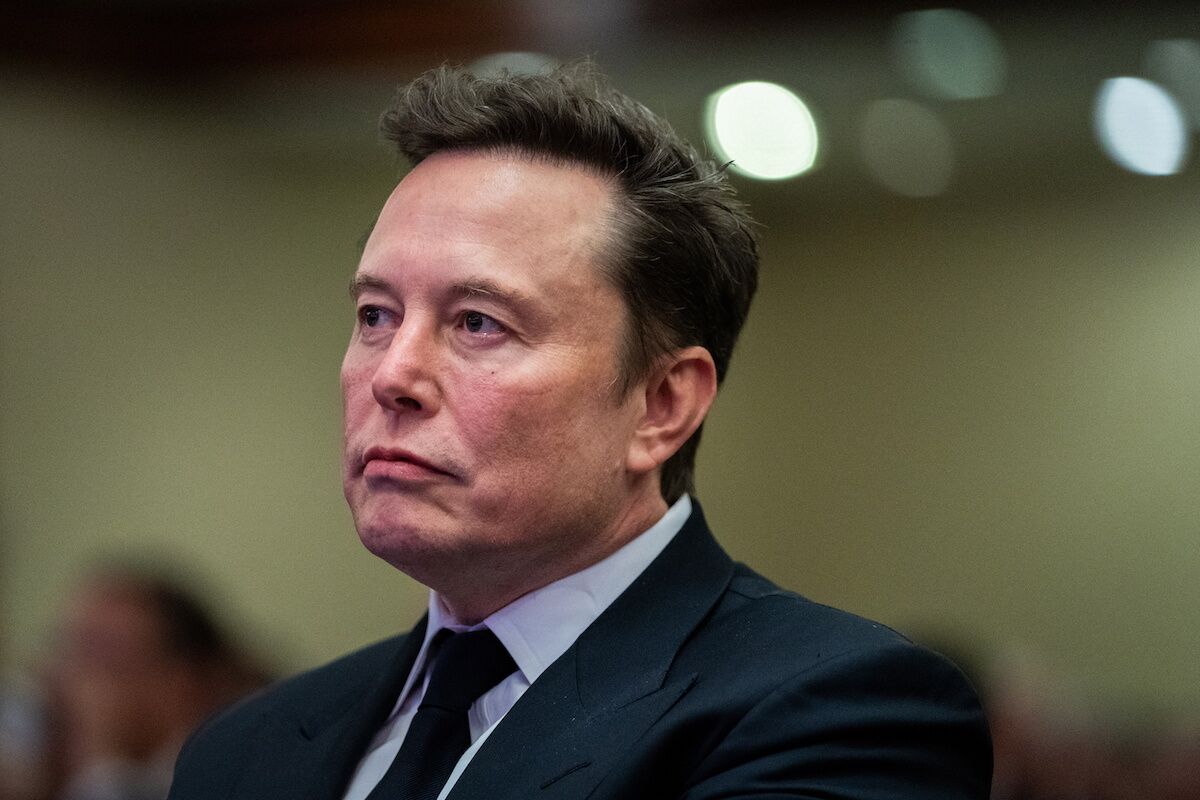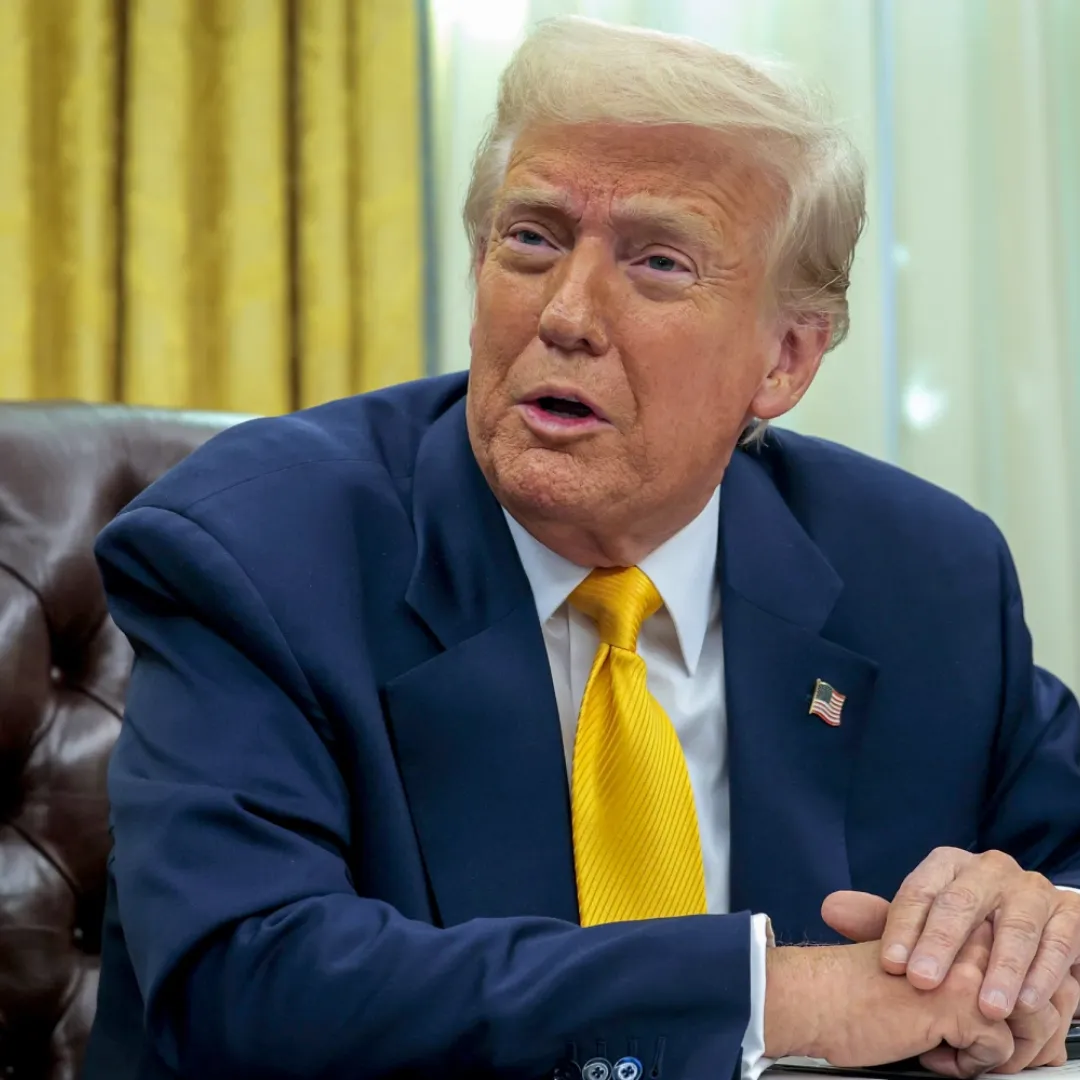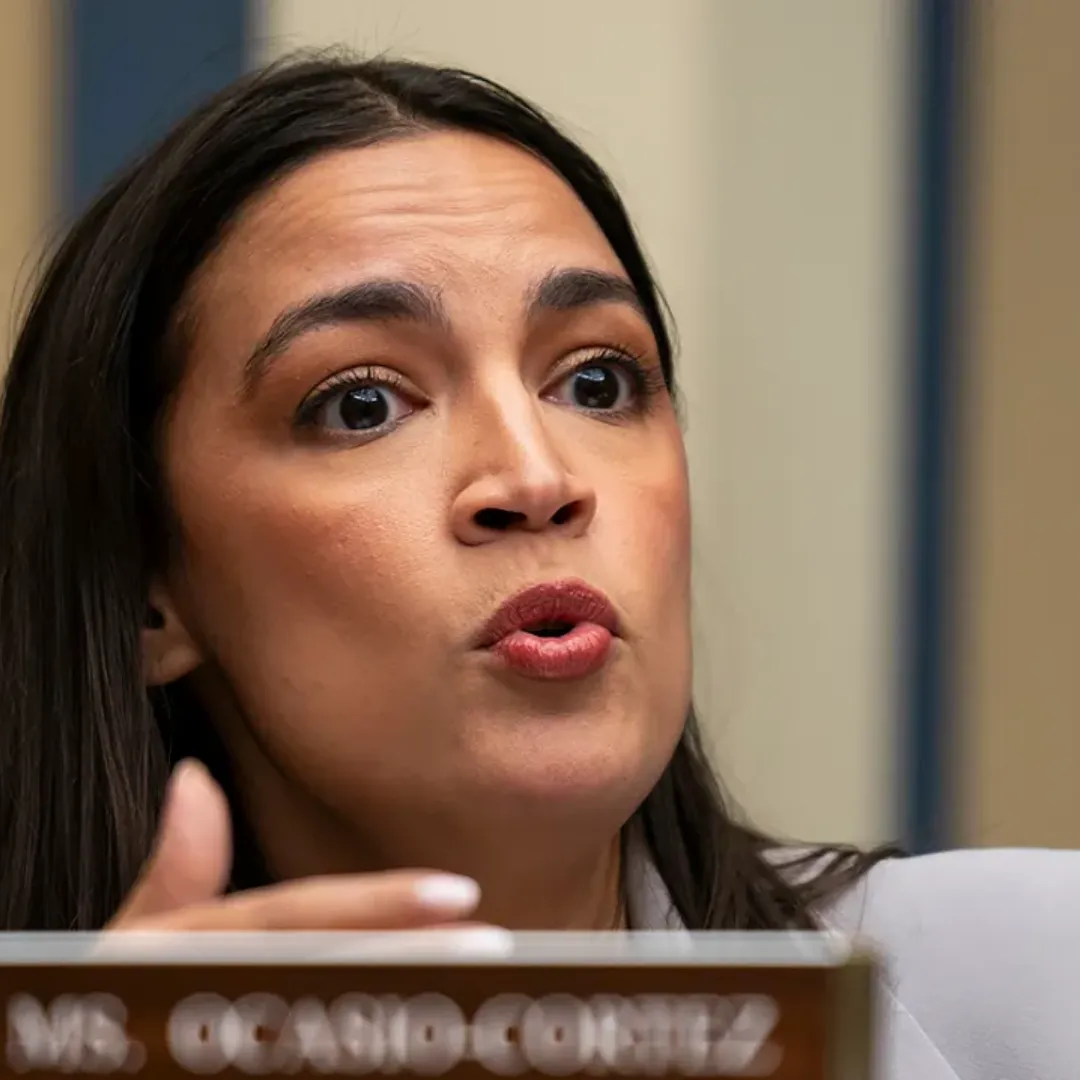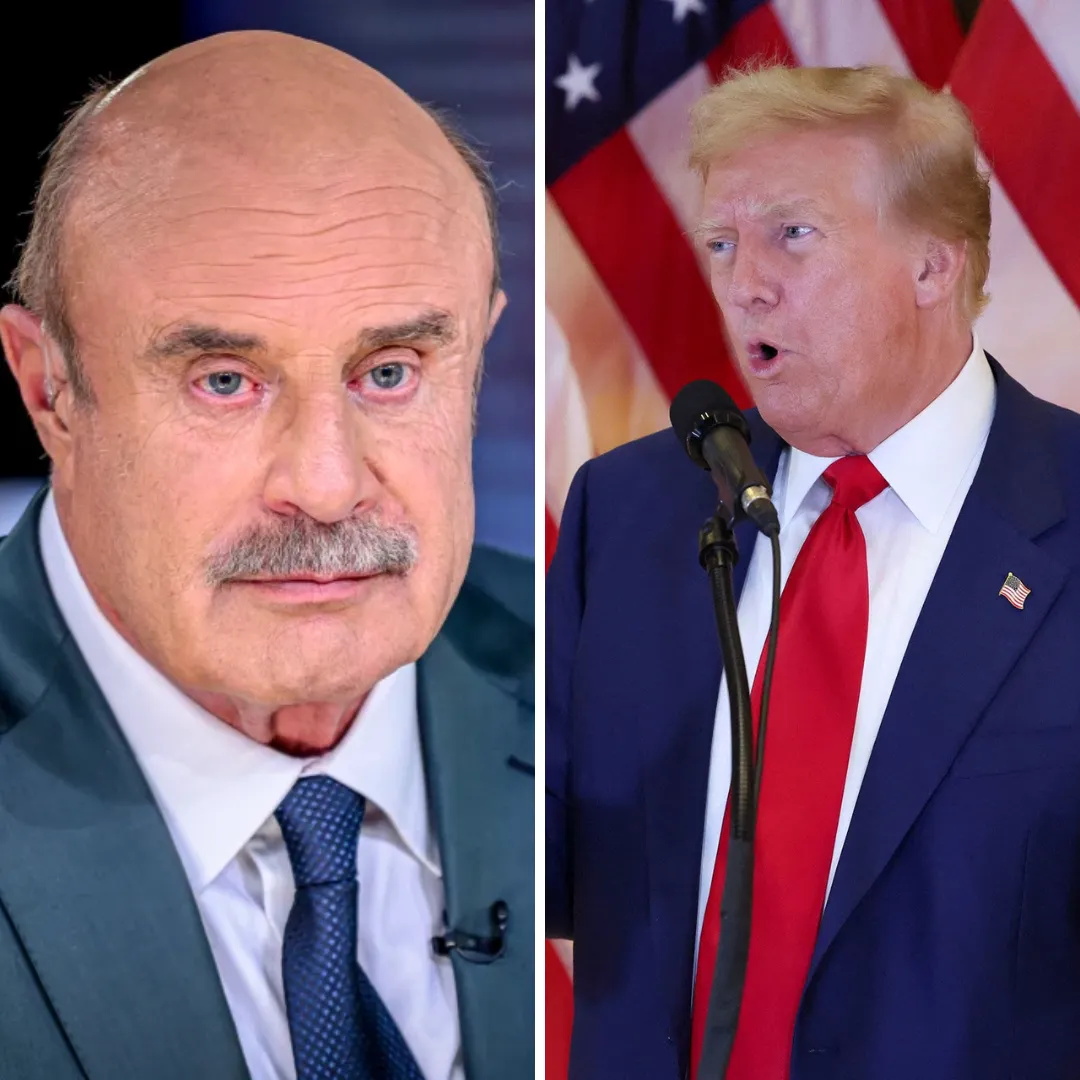Nearly one billion dollars in claimed government “savings” vanished overnight from the Department of Government Efficiency’s public records this week, raising fresh concerns about transparency, accountability, and the accuracy of financial reporting under the Trump administration.
The agency, widely referred to by its acronym DOGE, is tasked with identifying and eliminating wasteful government spending. However, its shifting figures and lack of detailed reporting have sparked renewed scrutiny, especially as pressure mounts to meet the administration’s ambitious fiscal goals.
Late Tuesday night, DOGE’s official website appeared to undergo a major update. According to information confirmed by independent observers using archival tools, approximately 962 million dollars in previously recorded savings were removed from the site’s public-facing dashboard in a window of just two hours between midnight and 2 a.m.
The move was made without announcement or clarification, leaving watchdog groups and journalists scrambling to determine what had changed and why.
Among the most significant changes was the sudden removal of a massive contract with the Acacia Center for Justice. The organization had been providing legal assistance to unaccompanied immigrant children who arrived in the United States without guardians.
Originally listed by DOGE as a terminated contract that would save taxpayers 367 million dollars, the item has now disappeared entirely from the department’s ledger.
This removal comes despite a recent court order requiring the administration to restore services previously offered by the Acacia Center for Justice. In response to inquiries, the center confirmed that services had not resumed and that it had not received further direction from the federal government.
The contradiction between the judicial directive and DOGE’s deletion of the entry has intensified questions about the credibility of the agency’s accounting.

In total, more than 600 grants and dozens of federal contracts and leases were removed from the DOGE site in the same short overnight window, according to records reconstructed using the Wayback Machine and other archival services.
These adjustments represent a substantial reduction in the department’s previously claimed achievements. DOGE has long boasted about identifying wasteful expenditures, but critics argue that its definition of “savings” has been vague, inconsistently applied, and in some cases demonstrably inaccurate.
The latest removals follow a broader rollback in expectations regarding the agency’s impact. Elon Musk, who was tapped by President Donald Trump to serve as the public face and unofficial leader of DOGE, had initially projected the agency would identify one trillion dollars in federal waste by the end of the fiscal year.
That figure was quietly revised in recent weeks. Musk now estimates the department will save around 150 billion dollars—a dramatic reduction from the original promise.
Musk’s role in the federal government has remained somewhat nebulous. Though not officially appointed to a cabinet-level position, he has been acting as a senior adviser with direct influence over major budget decisions.
His stated mission is to identify "waste, fraud, and abuse" in federal departments, often using business metrics and management strategies borrowed from the private sector.
While Musk’s involvement has brought visibility to DOGE and its operations, it has also raised concerns about the nature of the cuts being proposed and implemented. Many of the claimed savings have been associated with the abrupt cancellation of programs, the freezing of grants, and the termination of long-standing federal contracts.
In numerous cases, observers have pointed out that the associated dollar figures are not supported by publicly available documentation or detailed explanations.

One of the main criticisms leveled at DOGE is the lack of itemized data supporting its claims. The so-called “wall of receipts” on the agency’s website is intended to serve as a transparent ledger of federal cost-cutting measures.
However, many entries include only general descriptions or summary figures, offering little insight into how savings were calculated or whether they reflect actual cash returned to the treasury.
Some of the listed savings predate the Trump administration, further muddying the waters. Observers have identified dozens of entries linked to programs and contracts that were canceled or reduced during previous administrations but are nonetheless listed as part of DOGE’s accomplishments.
A former budget analyst who reviewed the data said the department’s methods were troubling. "If you’re going to tout hundreds of billions in savings, the numbers should be bulletproof," he said. "Instead, we’re seeing vanishing entries, vague descriptions, and shifting definitions of what qualifies as savings."
This is not the first time the DOGE website has been quietly altered. In previous months, entries that had come under scrutiny from journalists or public interest groups were modified or removed without public explanation.
These changes have often occurred late at night or over weekends, avoiding immediate media attention.
While the agency claims it updates its database regularly to reflect corrections or changes in circumstances, critics argue that the lack of transparency undermines public trust. If nearly a billion dollars can be erased from the record without notice, it raises serious questions about the reliability of the remaining data.
One watchdog group issued a statement following the latest round of deletions. "This is not how government transparency is supposed to work," the group wrote. "The public deserves to know how taxpayer money is being managed, and changes of this magnitude demand full disclosure, not stealth edits."
The shrinking numbers are also beginning to frustrate supporters of the administration who initially celebrated DOGE’s assertive approach to budget reform. The promise of identifying and eliminating one trillion dollars in waste was a key selling point of Trump’s renewed push for smaller government and fiscal discipline. As that target now falls further out of reach, even allies are beginning to express disappointment.

A Republican staffer close to the budget committee acknowledged the growing concerns. "There was a lot of enthusiasm early on, especially with someone like Elon Musk involved," the staffer said. "But we need to start seeing real results, not just numbers that change from one day to the next."
Elon Musk himself has not commented publicly on the most recent changes to DOGE’s savings totals, but he has previously defended the agency’s methods. He argues that even symbolic savings can be useful in changing the culture of Washington.
"The point is not just cutting costs," he said in a recent interview. "It’s about creating a mindset of efficiency. Government needs to think more like a business."
That philosophy has found both supporters and detractors. While some agree that applying private-sector principles can make government leaner and more effective, others argue that the public sector cannot operate with the same incentives or margins for error.
Social programs, education funding, and legal services—like those provided by the Acacia Center—serve populations that do not generate revenue and are particularly vulnerable to abrupt funding cuts.
One nonprofit leader expressed concern that vital services are being sacrificed for the sake of meeting arbitrary savings targets. "There’s a difference between efficiency and cruelty," she said. "When you cancel legal aid for immigrant children and then claim it as a victory without explaining where the money goes, that’s not governance—it’s theater."
As the fiscal year progresses, the pressure on DOGE to meet its revised targets will likely increase. Lawmakers from both parties are expected to begin requesting oversight hearings to examine the agency’s methods and verify its savings claims.

Whether those hearings will lead to greater transparency or further political controversy remains to be seen.
In the meantime, the agency continues to operate with a wide mandate and minimal oversight. The wall of receipts may change again tomorrow—or disappear altogether—but the debate over how the government tracks and communicates its financial decisions is far from over.




